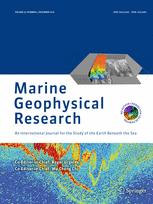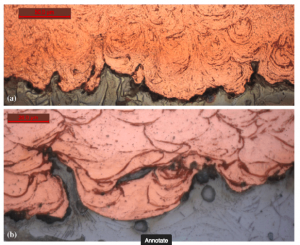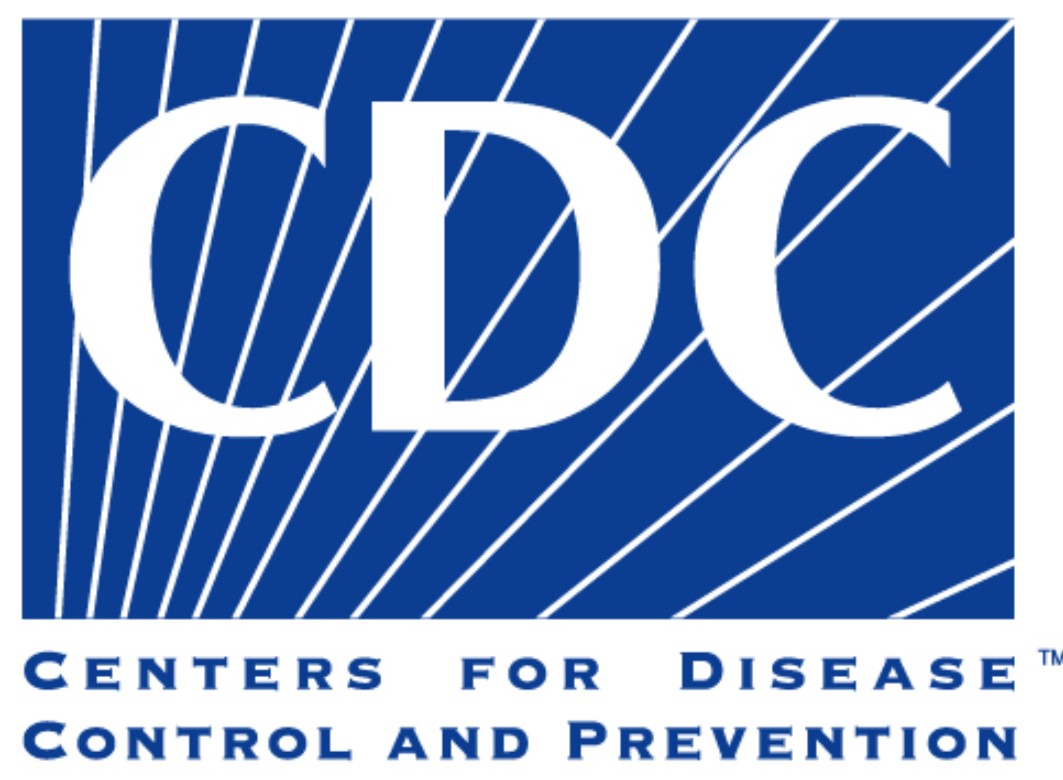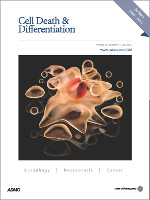 The week at Retraction Watch featured revelations about what happens when researchers unwittingly use a tool without permission, and a look at why women peer review less often than men. Here’s what was happening elsewhere: Continue reading Weekend reads: Misbehaving medical academics; are phase I trials ethical?; the “sin” of mistakes
The week at Retraction Watch featured revelations about what happens when researchers unwittingly use a tool without permission, and a look at why women peer review less often than men. Here’s what was happening elsewhere: Continue reading Weekend reads: Misbehaving medical academics; are phase I trials ethical?; the “sin” of mistakes
Geoscience paper pulled over apparent lack of company consent
 A 2016 paper has been retracted at the request of a company that provides geoscience solutions because the authors—who are employees of the company—included proprietary information and didn’t obtain proper permission.
A 2016 paper has been retracted at the request of a company that provides geoscience solutions because the authors—who are employees of the company—included proprietary information and didn’t obtain proper permission.
Often in extenuating circumstances such as publishing something without permission, the article is taken offline. But this article, which according to the retraction notice “contains information, data and intellectual property belonging to the company and its client,” remains available. What’s more, the authors seem to think they had the company’s okay to publish.
Here’s the complete retraction notice for “High resolution seismic imaging of complex structures: a case study of the South China Sea data” published by Marine Geophysical Research:
Continue reading Geoscience paper pulled over apparent lack of company consent
Nuclear fuel container material isn’t as novel as it appeared in now-retracted paper

A paper describing the construction of a material that could be used in nuclear fuel containers has been retracted after the authors left out key details.
According to the editor, the omission made the authors’ method seem more novel than it was.
The material is described in “Structure and Mechanical Properties of Thick Copper Coating Made by Cold Spray.” It was published in the January 2016 issue of the Journal of Thermal Spray Technology.
According to the retraction notice, the authors did not specify in the paper how the first layer of copper was sprayed onto the steel:
Do you calculate if you should accept an invite to peer review? Please stop, say journal editors

Scientists are always pressed for time; still, Raphael Didham of the University Western Australia was surprised when he fell upon a group of early career scientists using a spreadsheet formula to calculate whether one was obligated to accept an invitation to review a paper, based on how many manuscripts he’d submitted for review. “I recall that sharp moment of clarity that you sometimes get when you look up from the keyboard and realise the world you (thought you) knew had changed forever,” Didham and his colleagues write in a recent editorial in Insect Conservation and Diversity. We spoke with Didham about how to convince scientists that peer reviewing is a benefit to their careers, not a burden.
Retraction Watch: You talk about the current problem of “zero-sum” reviewing. Could you define that in the context of the scientific peer review system? Continue reading Do you calculate if you should accept an invite to peer review? Please stop, say journal editors
If you use this research tool without permission, you’ll hear about it
 Sometimes, a seemingly run-of-the-mill retraction notice turns out to be much less straightforward.
Sometimes, a seemingly run-of-the-mill retraction notice turns out to be much less straightforward.
Such was the case with a recent retraction of a 2016 paper in a journal published by the U.S. Centers for Disease Control and Prevention, apparently over permission to use an evaluation scale designed to test whether patients take their medications as prescribed. But when we looked into this story, we learned this retraction was only the tip of the iceberg – a representative of the evaluation scale (titled “Chief Investigator”) told us he has contacted hundreds of so-called “infringers” over the last year who used the scale without permission. The authors must then apply retroactively and show they’ve used it correctly, and may even have to pay fees. Or, in the case of the retraction we saw (and at least one other in 2016), pull the paper.
According to the chief investigator, Steve Trubow, who oversees licensing and use of the scale worldwide, for some uses, there is no fee – but depending on what the researchers are using the Morisky Medication Adherence Scale (MMAS-8) for, it can cost up to $100,000. Once they’ve used it without permission, there are fees for that, too, Trubow told us:
Continue reading If you use this research tool without permission, you’ll hear about it
Why don’t women peer review as often as men? Fewer invites and RSVPs, researchers say


Women don’t peer review papers as often as men, even taking into account the skewed sex ratio in science – but why? In a new Comment in today’s Nature, Jory Lerback at the University of Utah and Brooks Hanson at the American Geophysical Union (AGU) confirmed the same trend in AGU journals, which they argue serve as a good proxy for STEM demographics in the U.S. What’s more, they found the gender discrepancies stemmed from women – of all levels of seniority — receiving fewer invitations to review (both from male and female authors). And when women get their invites, they say “no” more often. We spoke with Lerback and Hanson about what might underlie this trend, and how the scientific community should address it.
Retraction Watch: What made you decide to undertake this project?
Dangerous chemo mistake retracted by journal after two years
 An oncology journal has retracted a 2014 paper that contained a potentially fatal mistake.
An oncology journal has retracted a 2014 paper that contained a potentially fatal mistake.
Specifically, the paper suggested that a chemotherapy drug be injected intrathecally — i.e., in the spine. But according to the retraction notice, the medical literature has unequivocally shown that that form of treatment is “uniformly fatal.”
The retraction comes approximately 18 months after the journal published a letter to the editor alerting readers to the risky wording in the 2014 paper.
Here’s the notice, issued by Hematological Oncology:
Continue reading Dangerous chemo mistake retracted by journal after two years
Happy birthday, RW Daily. Have you signed up yet?
 A year ago tomorrow, we announced that we were starting The RW Daily, an email that would summarize the previous day’s news and link to other relevant stories elsewhere — a sort of sneak peek at Weekend Reads.
A year ago tomorrow, we announced that we were starting The RW Daily, an email that would summarize the previous day’s news and link to other relevant stories elsewhere — a sort of sneak peek at Weekend Reads.
In about six and a half years, we’ve published more than 3,600 posts; that’s a lot of science publishing news. For people who feel overloaded by individual email alerts every time a new post appears, a daily digest is a good option. Here’s today’s, if you want to take a look. If you haven’t already, click here to subscribe. Continue reading Happy birthday, RW Daily. Have you signed up yet?
Journal retracts paper due to image mismatch; one co-author alleges fraud
 Researchers have retracted a biology paper that included an image mismatch — despite the fact that, as they claim, another image in the same paper confirms the original findings.
Researchers have retracted a biology paper that included an image mismatch — despite the fact that, as they claim, another image in the same paper confirms the original findings.
The authors say they plan to resubmit the paper with the corrected figure panel.
The second to last author — Carlo Croce, chair of the department of cancer biology and genetics at The Ohio State University — told us he believes there’s more to the retraction than what the notice says. Specifically, he said that the paper includes an image from a previous paper by the same authors, which he called “fraud.”
Here’s the latest retraction notice, published in Cell Death and Differentiation:
Continue reading Journal retracts paper due to image mismatch; one co-author alleges fraud
Surgery chair who blamed image issues on software logs three more retractions
 A researcher who claimed image problems in a retracted paper were the result of a software glitch, and not intentional, has lost three more papers — all for image manipulation.
A researcher who claimed image problems in a retracted paper were the result of a software glitch, and not intentional, has lost three more papers — all for image manipulation.
In two notices, the Journal of Biological Chemistry specifies that duplicated images were used to represent different experimental conditions; one notice simply says the paper was affected by image manipulation.
All of the notices specify the papers are being retracted by the publisher, the American Society for Biochemistry and Molecular Biology — which this month published a set of recommendations for preparing a paper, including how to avoid excessive manipulation.
The papers were published between 2002 and 2010, and all share the same last author (Paul Kuo, currently chair of surgery at Loyola Medicine) and first author (Hongtao Guo, at Duke).
Here’s the first notice:
Continue reading Surgery chair who blamed image issues on software logs three more retractions